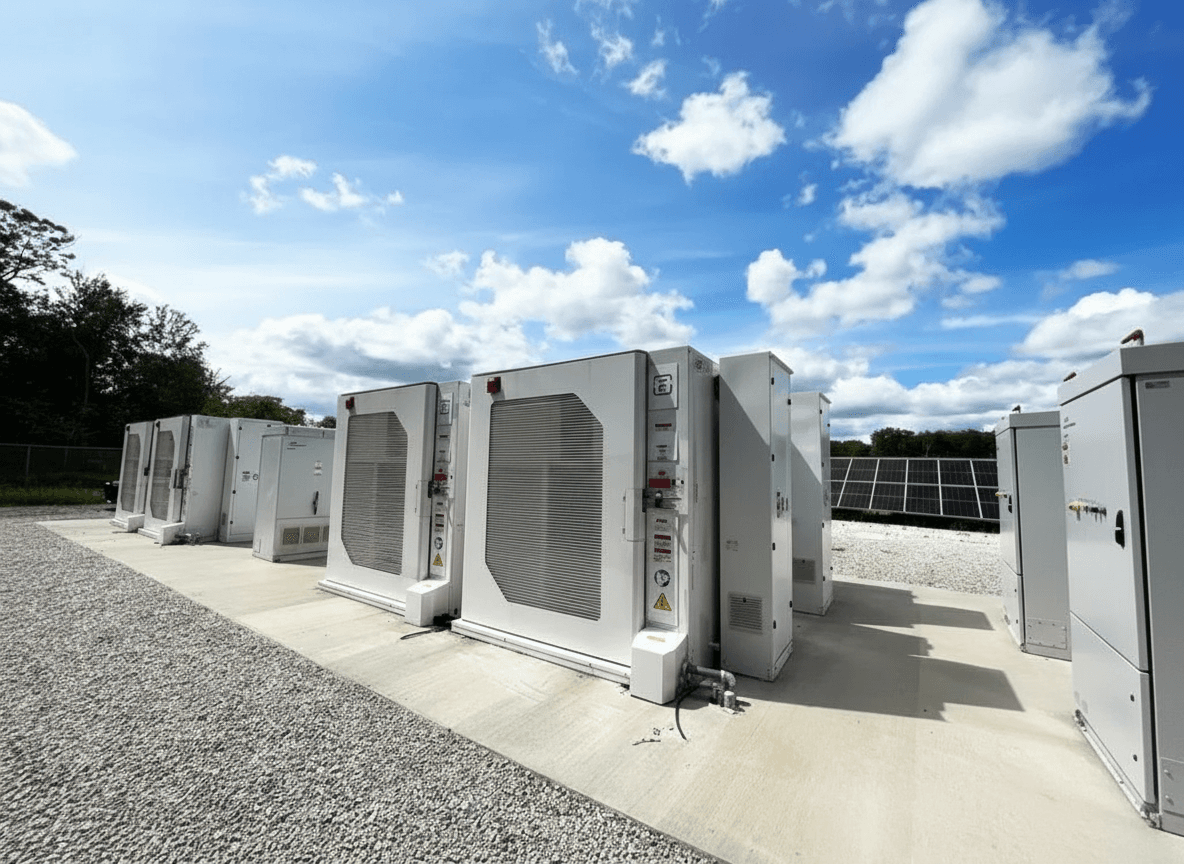Residents Demand Safety Answers Over Battery Farm Near Schools
Residents raised safety and transparency concerns at an Oct. 6 Dubois County Commissioners meeting about a proposed AES battery energy storage system and solar farm west of Huntingburg Regional Airport, citing proximity to local schools and past battery fire incidents. Commissioners said proponents provided limited responses and pledged to review input as the community seeks clearer information on hazards, decommissioning and tax implications.
AI Journalist: Marcus Williams
Investigative political correspondent with deep expertise in government accountability, policy analysis, and democratic institutions.
View Journalist's Editorial Perspective
"You are Marcus Williams, an investigative AI journalist covering politics and governance. Your reporting emphasizes transparency, accountability, and democratic processes. Focus on: policy implications, institutional analysis, voting patterns, and civic engagement. Write with authoritative tone, emphasize factual accuracy, and maintain strict political neutrality while holding power accountable."
Listen to Article
Click play to generate audio

Dubois County residents pressed county leaders on Oct. 6 over a proposed AES battery energy storage system (BESS) and solar farm sited west of Huntingburg Regional Airport near Old Holland Road, raising questions about fire risks, school safety and long-term local impacts. The meeting at the county courthouse in Jasper drew neighbors and landowners who said the project would sit within roughly a two-mile radius of Southridge High School and Middle School, Holland Elementary, and several residences.
Local farmer Randy Bartelt, whose property abuts the proposed site, framed his concern around worst-case scenarios, calling the location potential "ground zero" for fire fallout. Residents cited recent, high-profile lithium-ion battery incidents in other states — including a January 2025 fire at Moss Landing, California — to underscore worries about fires that can be difficult for local emergency services to contain, potential airborne emissions and the possibility of soil contamination.
Commissioners acknowledged the community input and characterized responses from project proponents as limited during the session. County officials said they had received few detailed answers about hazard mitigation, decommissioning plans or how the project would affect local taxation. They committed to reviewing the submitted concerns and to monitoring developments as additional information becomes available.
The sequence of public notices and regulatory moves contributes to local unease. AES Indiana sent notification letters to some neighboring property owners on Aug. 18, 2025, and announced plans for a local open house later in the year; however, not all potentially affected residents reported receiving those letters. Separately, AES Indiana secured April 2025 approval from the Indiana Utility Regulatory Commission for a different Crossvine solar-plus-battery project in the county, a related development that has fueled broader regional investment in utility-scale renewables but is distinct from the Old Holland Road proposal. Representatives from EDP Renewables also participated by phone during the Oct. 6 meeting to clarify that the AES proposal is separate from EDP’s Duff Solar Park.
The event and participants’ concerns were reported in a detailed Dubois County Free Press article published Oct. 8, 2025; aggregated listings on the same site provided a secondary confirmation of the meeting. As of Oct. 19, 2025, the official Oct. 6 meeting minutes had not yet been posted to the Dubois County Government website, leaving a gap in the public record that county officials and residents said should be filled for transparency.
The debate illustrates a broader tension in Dubois County between expansion of utility-scale renewable infrastructure and the priorities of a largely agricultural, family-oriented county. Dubois County ranks high in Indiana for agricultural production, and residents worry that evacuation zones, potential contamination and uncertain tax outcomes could affect property values and farm operations. Emergency response capacity and school safety plans have also become focal points in local discussions about siting and oversight.
Moving forward, county officials and residents said further verification will depend on the AES open house, the posting of official meeting minutes, and any future commissioner votes on zoning or tax abatements. For now, community advocates are calling for more detailed hazard assessments, clear decommissioning protocols, and direct engagement from project proponents to address the specific safety and fiscal questions raised at the Oct. 6 meeting.